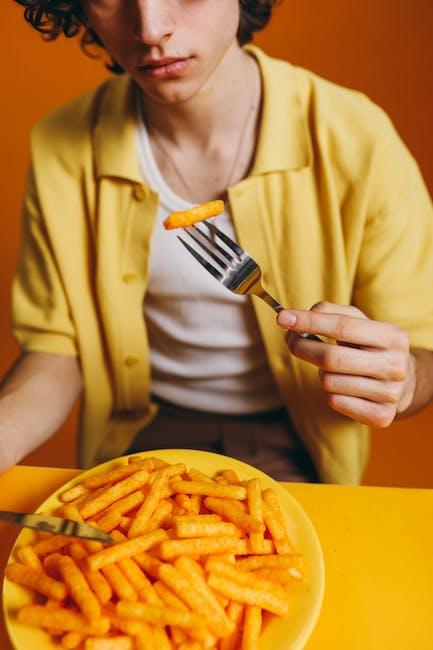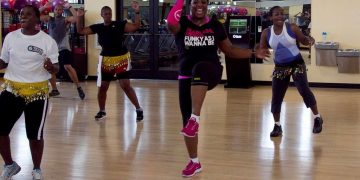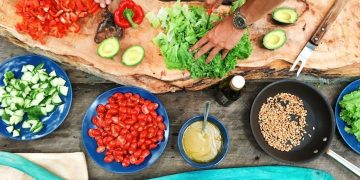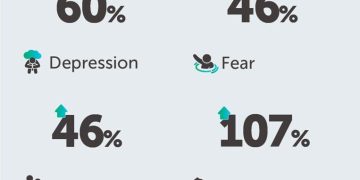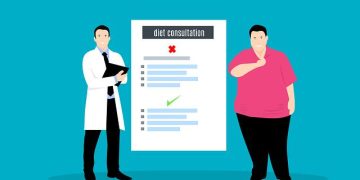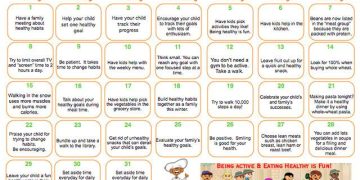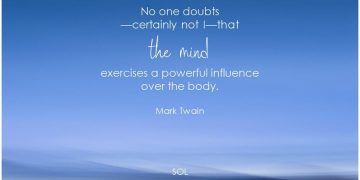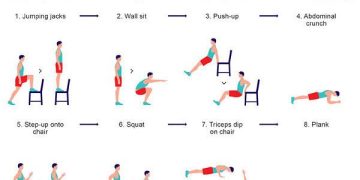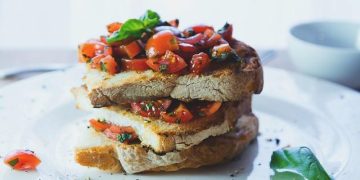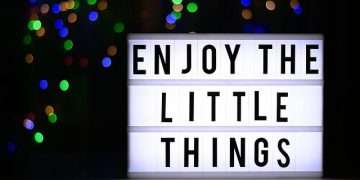Have you ever reached for a tub of ice cream after a stressful day, indulged in a bag of chips as you binge-watch TV series late into the night, or ordered a thick, cheesy pizza just to lift your spirits after a bad day at work? If yes, then welcome to the club! You’ve been an unknowing member of the world of emotional eating, where solace is often found at the bottom of a snack bag and comfort in the last slice of cake. But don’t fret, dear reader, you’re about to embark on a delightful journey to unravel this complex relationship between your mood and the food you consume, understanding its machinations and learning potent strategies to break free from the trap of eating driven by emotions rather than hunger. Buckle up, for this ride might offer profound insights about the very nature of your eating habits. Unraveling the Complex Relationship Between Emotions and Eating Habits
It isn’t just about the physical hunger; there’s an invisible yet weighty aspect of our relationship with food—our emotions. Often, we find ourselves reaching out for that sugary treat or extra slice of pizza, not because we need to satiate our hunger, but to feed our feelings. Stress, loneliness, boredom, happiness—all these emotions have the power to drive our eating habits. The intricate dance of mood swings and munchies isn’t just a spontaneous reaction, but a deeply rooted psychological connection.
When we are stressed or anxious, our body releases cortisol, a hormone that makes us crave salty, sweet, and high-fat foods, offering a temporary comfort. It’s our body’s way of preparing for the ‘fight or flight’ response. The act of eating can feel soothing and can serve as a distraction from unpleasant feelings. Hence, we indulge in what is commonly known as emotional eating.
The Psychology of Emotional Eating: Why Do We Turn to Food in Stress?
| Emotion | Food Cravings |
|---|---|
| Stress | High-sugar and fatty foods |
| Sadness | Comfort foods like ice cream, chocolates |
| Boredom | Snacks such as chips, biscuits |
| Happiness | Desserts, celebration foods |
But why do we turn to food during emotional upheavals? The answer lies in the mind’s quest for instant gratification to escape discomforting feelings. This psychology of emotional eating is at play when we choose food to deal with stress, breaking away from the hunger and satiety signals that our body sends.
Understanding this psychological pattern is the first step, but breaking the cycle is a different battle. Coping strategies like meditation, regular exercise and maintaining a diet journal can significantly help in overcoming emotional eating. It’s about turning away from emotional eating and shifting towards mindful munching—taking the time to savour each bite, to derive satisfaction from quality rather than quantity.
Wrapping our journey through the labyrinth of emotional eating, we find that it’s not a hopeless maze but a tangle we can patiently unravel. We have journeyed through the intricacies of emotional hunger, its triggers, realms, and overcoming strategies. Turning the final corner, we understand that despite its bewildering complexities, the line between emotions and intake can be redrawn, liberating us from the chains of emotional feeding.
In the end, our pursuit of health should not be a battle against food or feelings, but rather a dance—a harmonious tango. While it’s easy to succumb to the comforting crunch of crisps or the melting magic of chocolates, we’ve learned that it’s possible to replace these emotional props with a more profound self-understanding and healthier coping mechanisms.
Our journey may close here. Still, the path to healing is a constant, winding road that demands patience, compassion, and self-love—but rest assured, it’s a road we’re all capable of treading. After all, food needs to be our nourishment, not our emotional nemesis. Here’s to a healthier, happier relationship with our plates, our minds, and, most imperatively, with our hearts. Now leaves the question open-ended but hopeful: How will you reshape your narrative around food? Because, as we’ve discovered, you have the power. The pen is in your hand. Let the rewrite begin.